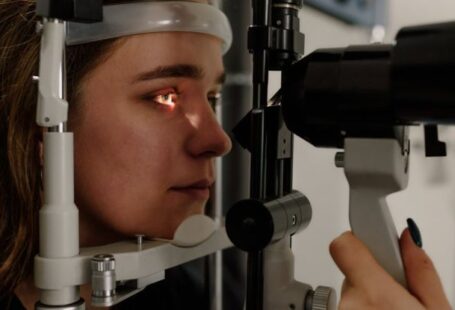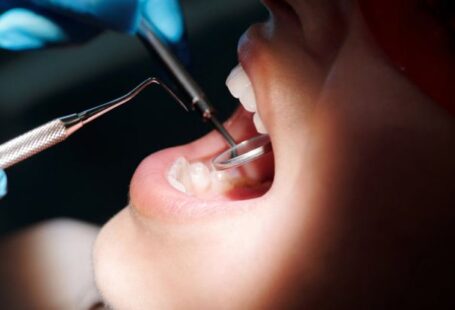When it comes to mechanical drives, overheating can be a common issue that needs to be addressed promptly to prevent damage and ensure optimal performance. Overheating can occur due to various factors such as excessive friction, lack of lubrication, or inadequate cooling mechanisms. In this article, we will discuss the best ways to handle overheating in mechanical drives to keep them running smoothly and efficiently.
Identifying the Symptoms of Overheating
Before delving into the solutions for overheating in mechanical drives, it is crucial to first identify the symptoms that indicate a potential overheating problem. Some common signs of overheating in mechanical drives include unusual noises, increased vibration, elevated operating temperatures, and a burning smell. If you notice any of these symptoms, it is essential to take immediate action to prevent further damage to the drive components.
Optimizing Lubrication
One of the most effective ways to prevent overheating in mechanical drives is to ensure proper lubrication of moving parts. Inadequate lubrication can lead to increased friction between components, resulting in heat buildup and potential damage. Regularly inspecting the lubrication levels and quality in the drive system and replenishing or replacing the lubricant as needed can help reduce friction and keep the components operating smoothly.
Improving Cooling Mechanisms
Another crucial factor in preventing overheating in mechanical drives is optimizing the cooling mechanisms within the system. Proper ventilation and airflow are essential to dissipate heat generated during operation. Ensuring that cooling fans are clean and functioning correctly, and that air intake and exhaust vents are unobstructed, can help maintain optimal operating temperatures and prevent overheating.
Monitoring Operating Conditions
Regular monitoring of the operating conditions of mechanical drives is vital to prevent overheating and address any potential issues promptly. Utilizing temperature sensors and monitoring tools can help track the temperature levels within the drive system and alert operators to any abnormal increases. By staying proactive and monitoring the drive’s performance regularly, you can identify potential overheating issues early on and take corrective action before any significant damage occurs.
Implementing Preventive Maintenance Practices
Implementing a comprehensive preventive maintenance schedule is essential for ensuring the long-term health and performance of mechanical drives. Regular inspections, lubrication checks, and cleaning of drive components can help prevent overheating issues by addressing potential problems before they escalate. By following a proactive maintenance plan, you can keep your mechanical drives operating efficiently and minimize the risk of overheating-related failures.
Addressing Wear and Misalignment Issues
Wear and misalignment of drive components can contribute to increased friction and heat generation, leading to overheating in mechanical drives. Inspecting drive components for signs of wear, misalignment, or damage and addressing any issues promptly can help prevent overheating and extend the lifespan of the drive system. Replacing worn or misaligned components and realigning drive shafts can help reduce friction and heat buildup, enhancing the overall performance of the mechanical drives.
Optimizing Operating Conditions
Ensuring that mechanical drives are operating under optimal conditions can help prevent overheating and maximize their efficiency. Avoiding overloading the drives, operating them within their specified temperature and speed limits, and providing adequate rest periods to prevent overheating can help maintain the drive’s performance and longevity. By optimizing the operating conditions of mechanical drives, you can reduce the risk of overheating-related issues and ensure smooth operation.
Conclusion: Ensuring the Longevity and Performance of Mechanical Drives
In conclusion, handling overheating in mechanical drives requires a proactive approach that focuses on preventive maintenance, proper lubrication, cooling optimization, and monitoring of operating conditions. By implementing these best practices and addressing potential issues promptly, you can prevent overheating, extend the lifespan of mechanical drives, and ensure optimal performance. Prioritizing the health and maintenance of mechanical drives is essential for maximizing their efficiency and reliability in various industrial applications.





